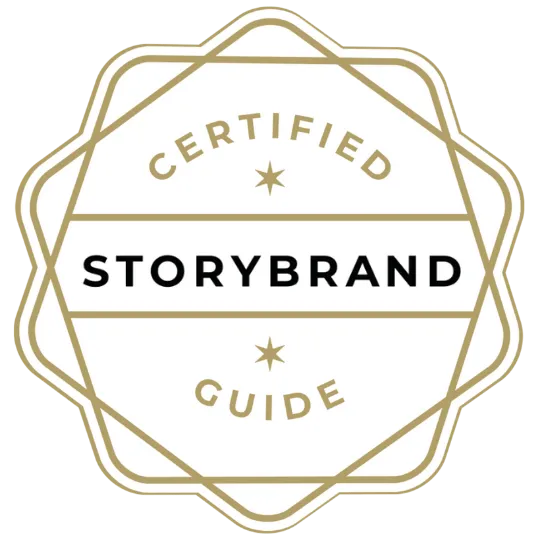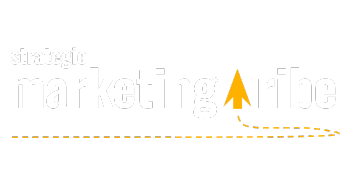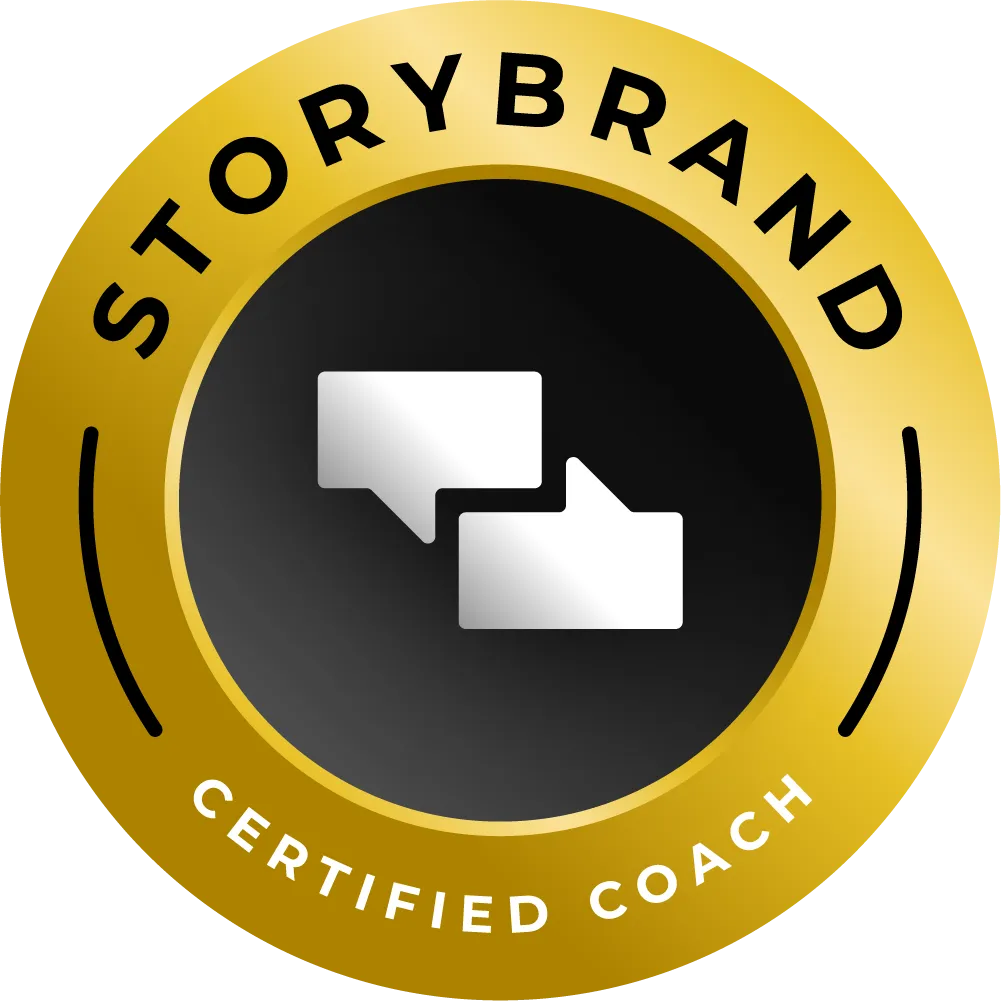NEWS, MEET STRATEGY
Real news, real insights – for small businesses who want to understand what’s happening and why it matters.
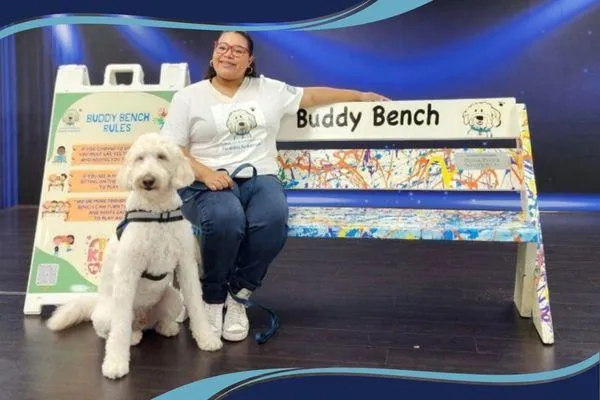
Inside the Buddy Bench Project—How a Teen Turned Playground Pain into a Mental Health Movement
By Vicky Sidler | Published 5 June 2025 at 12:00 GMT
Many kids experience schoolyard trauma. Some of us carry it into adulthood, bury it under productivity apps and group chats. But every now and then, a teenager decides to build a bench instead—and changes everything.
That’s what 15-year-old Victoria Portela did with the My Buddy Bench Project, a U.S.-based nonprofit co-founded with her mom, Mary, to fight isolation, bullying, and disconnection in elementary schools.
What started as a passing comment—"I wish they had that at my old school"—has grown into a full-blown kindness movement.
What’s a Buddy Bench?
At face value, it’s a bench. But dig a little deeper, and you’ll find a symbol of safety—a place where a kid can sit when they’re feeling alone, and another kid knows to come sit next to them. It’s a silent nudge that says: you’re not alone.
These benches aren’t just plopped down on a playground. The My Buddy Bench Project works with schools to integrate them through enrichment activities that teach empathy, kindness, and mental health awareness. Children submit their own bench designs, take a pledge to become kindness ambassadors, and create a culture that makes the bench more than furniture—it becomes a connection point.
The Business Lesson Hidden in a Playground:
As a Duct Tape Marketing Strategist and StoryBrand Certified Guide, I’m always paying attention to how movements grow—and this one checks all the boxes for what actually builds trust:
A clear story
A personal mission
Community buy-in
Visible symbols that mean something
Consistent follow-through
Most small businesses chase reach. The My Buddy Bench Project chased meaning—and earned reach as a result.
If you want your brand to connect deeply, look at how this mother-daughter team uses one simple object to spark transformation. Your version of a “bench” might be a lead magnet, product, or service—but if it doesn’t come with meaning and structure, it’s just... a bench.
The Impact So Far:
Victoria and Mary have shared stories with me that speak louder than stats:
A shy girl who helped paint a bench found her voice and inspired her school to start an art program.
A boy moved to tears during a Friendship Day event said it was the first time he felt truly seen.
Counselors now use the benches as open-air spaces to mend friendships and discuss emotions.
The team collects feedback through questionnaires and classroom interaction—not high-tech, but deeply human.
What You Can Take from This:
Whether you're a school, a nonprofit, or a business trying to grow, here’s how to apply what works in the Buddy Bench model:
1. Start with a real story:
Victoria’s experience of being left out fuels everything. What’s the human experience behind what you sell? Tell that.
2. Make people part of the mission:
From student-designed benches to school pledges, everyone participates. What part of your brand invites customer or team involvement?
3. Don’t let your symbol sit alone:
A bench is useless without the kindness campaign. Your website, offer, or product needs supporting activity to keep it alive—content, education, and community.
Closing the Loop:
In our call, I said that what struck me most was how rare it is for someone to resolve childhood trauma while they’re still in childhood. Most of us carry those wounds into adulthood. Victoria turned hers into a legacy—and did it before she turned 16.
I mentioned that some kids end up going off the rails. She ended up doing friendship benches.
Honestly? More brands should aim for that kind of transformation.
Want to Build Trust That Grows?
Start with your message.
Download my free 5-Minute Marketing Fix. It helps you craft a clear sentence about what you do and why it matters—without overthinking it or sounding salesy.
Because even if you don’t have a bench, you still need a message that makes people feel seen.
And while you’re at it, why not support Victoria in her inspiring mission? You can join the movement at mybuddybenchproject.org.
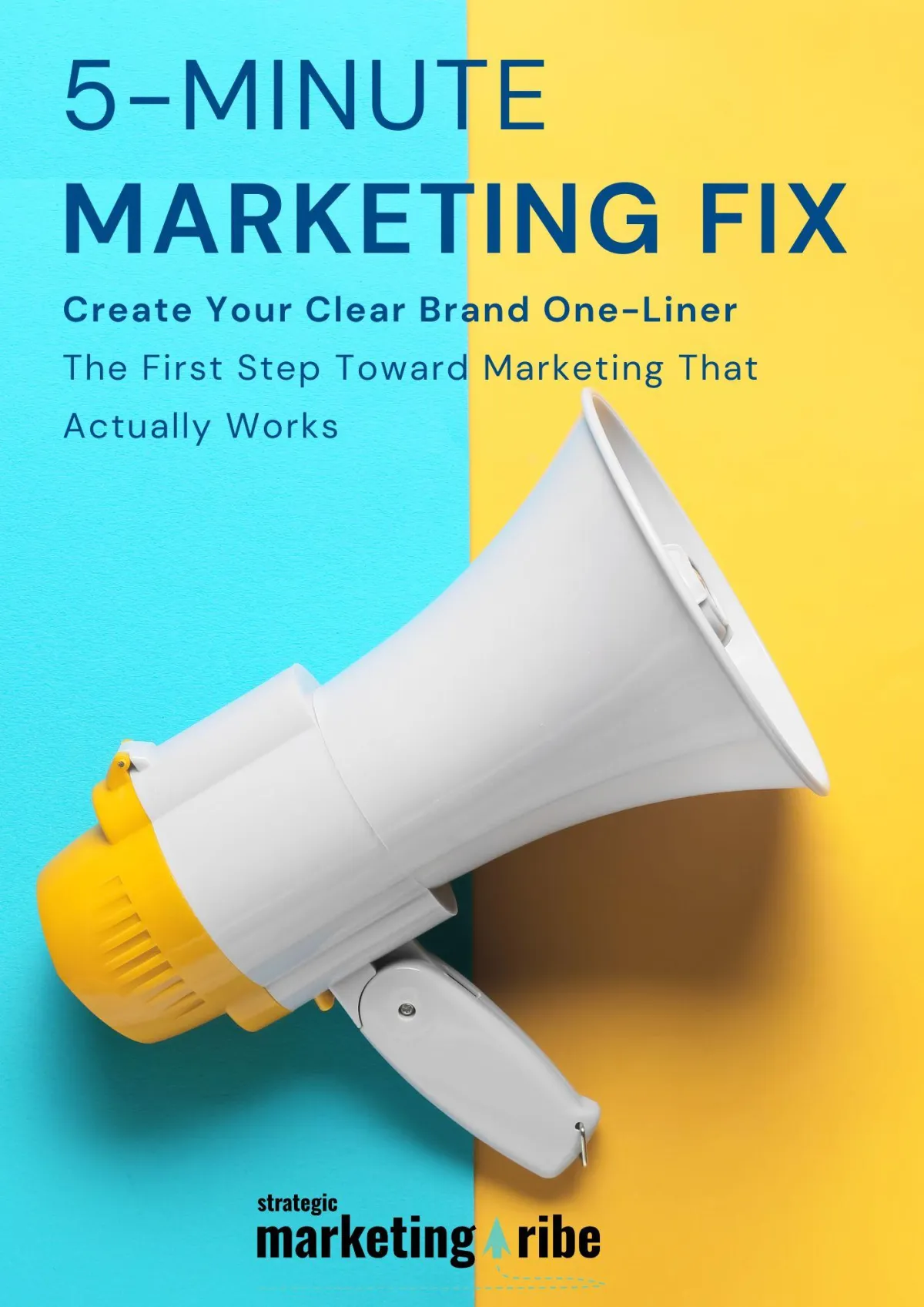
Created with clarity (and coffee)
